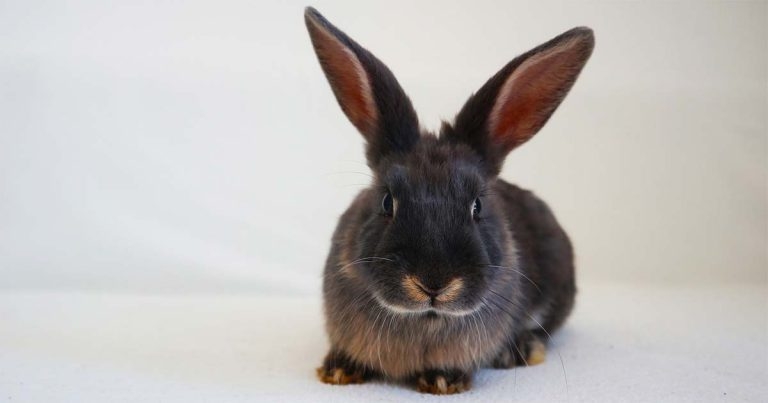17 Feb 2023
A working group has made 32 separate recommendations, including a requirement for would-be owners to pass a pre-purchase knowledge test.

Image © ViJakob / Pixabay
New rules and more consistent standards are needed to help protect the welfare of non-traditional companion animals (NTCAs), the BVA has warned.
The group has published a new policy paper in the area after its latest research found 26% of vets had seen a rise in the number of NTCAs being presented for treatment in the past year.
The analysis, drawn from the BVA’s regular Voice of the Professional surveys, also reported 58% of NTCAs presented to vets were not having all their welfare needs met.
More than 8 out of 10 (81%) said they were concerned needs were not being addressed, with “irresponsible animal ownership” being the most commonly cited problem in 82% of cases.
BVA senior vice-president Justine Shotton, who is herself a zoo vet, said the findings gave a “worrying” indication of a long-standing concern within the profession.
She said: “We know people who keep these animals have the right intentions to give them best care they can, but their needs are so complex, it can be difficult to do so – particularly if they are a new pet and owners are not sure exactly what they need.
“It is so important that potential buyers give careful consideration to buying such an animal before bringing one home.
“We’d also urge any vets who are approached by potential keepers for advice to strongly encourage them to do their research, to ensure they have the skills and knowledge to care for them properly, before buying an exotic species.”
The new policy paper, which has been developed by the BVA’s working group on NTCAs, contains 32 separate recommendations, including a requirement for keepers to pass a pre-purchase knowledge test and show evidence of it, the creation of a single list of minimum standards and a national database of licensed sellers.
It also calls for an end to the importation of wild-caught reptiles and amphibians, except on conservation grounds, plus the development of resources to support general practice vets with first aid or euthanasia of NTCA species.
Working group chairperson Sean Wensley said: “Taken together, the recommendations present a clear veterinary view on the ethical sourcing and care of these species.”
The full policy paper can be accessed online.